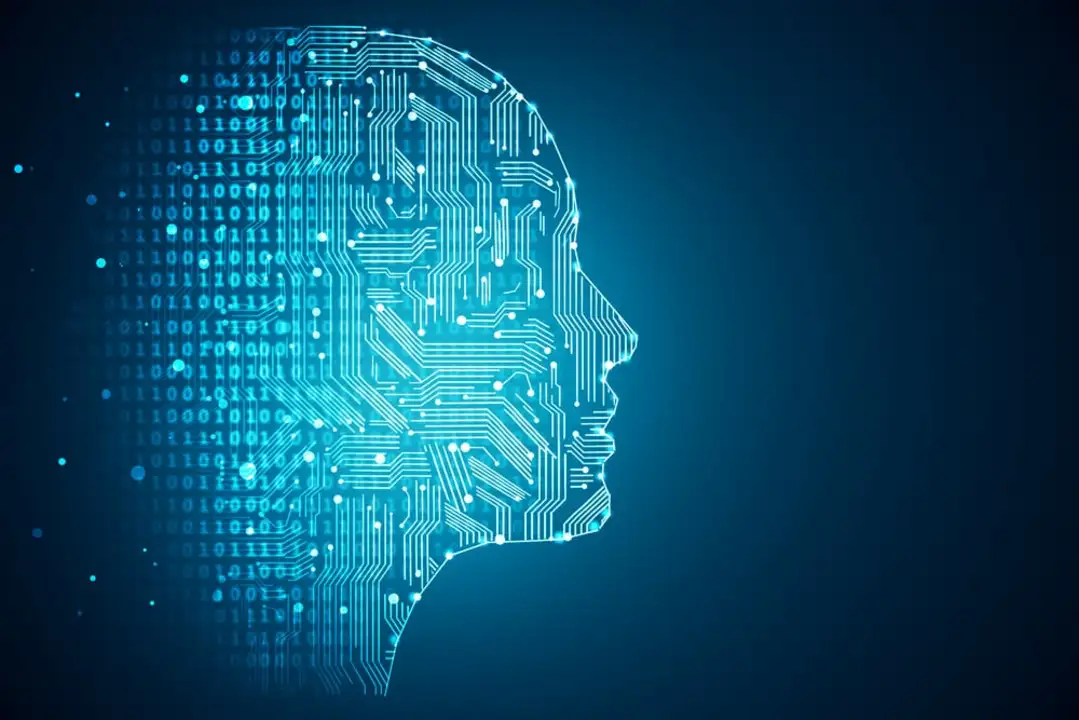Tag: artificial intelligence
Is artificial intelligence overhyped technology?
In recent times, there's been a lot of buzz around artificial intelligence (AI). While it's true that AI has made remarkable advancements in various fields, I can't help but wonder if it's becoming a bit overhyped. Sure, AI has its benefits, but it's important to remember that it's not a magical solution to every problem. As a society, we need to carefully consider the ethical and social implications of widespread AI adoption. In conclusion, while AI technology is undoubtedly impressive, we must approach it with a balanced perspective and not get carried away by the hype.
What is A.I. and how does it work?
Artificial Intelligence (A.I.) is the science of creating computer systems that can think, learn, and take action just like humans. A.I. works by analyzing large amounts of data, identifying patterns and trends, and using the resulting insights to make decisions or take action. It uses algorithms and predictive models to form decisions and provide recommendations. A.I. is used in a variety of industries, from healthcare to finance, to help automate processes and uncover insights from data. A.I. can also be used to automate mundane tasks, freeing up time for more meaningful activities. A.I. is revolutionizing the way we interact with computers, giving us the power to make more informed decisions and create better products and services.
How is artificial intelligence impacting the workplace?
Artificial Intelligence (AI) is rapidly transforming how businesses operate, creating new efficiencies and opportunities across the workplace. AI-driven automation is taking on mundane, repetitive tasks that once took up valuable time and resources. AI is also improving decision-making processes by providing data-backed insights and recommendations. Furthermore, AI is enabling businesses to engage with their customers in more meaningful ways, from customer service to personalized marketing. As AI continues to evolve and become more intelligent, it promises to revolutionize the workplace and create new opportunities for businesses to succeed.
How close are we to artificial intelligence?
Artificial intelligence (AI) is rapidly advancing and has become a major driving force of technological development. We are now closer than ever to AI that can think and act like humans, with the potential to revolutionize how we live, work, and interact with one another. AI is already being used in a variety of applications, from self-driving cars to robotic assistants, and its potential is only beginning to be explored. AI promises to revolutionize the way we interact with machines, allowing us to automate mundane tasks and freeing up our time for more meaningful pursuits. AI could also revolutionize the way we interact with each other, by enabling machines to learn from our behaviour and make decisions based on that data. AI may still be in its early stages, but the potential of this technology is limitless, and we can expect to see it become an integral part of our lives in the near future.
How is artificial intelligence impacting the workplace?
Artificial intelligence (AI) is rapidly changing the modern workplace. AI is enabling businesses to streamline processes, better understand customer needs, and work more efficiently. Automation and predictive analytics are helping organizations to reduce costs while increasing productivity. AI is also being used to improve customer service and develop new products and services. As AI continues to evolve, it is likely to have an even bigger impact on the workplace, allowing tasks to be completed faster and more accurately than ever before. Businesses that embrace AI are likely to gain a competitive edge and become more successful.
Is there an alternative to artificial intelligence?
The article explores the alternative to artificial intelligence (AI) as a technology which is increasingly being used in many areas, such as healthcare, education, finance, and many more. The article suggests that an alternative to AI could be the use of augmented intelligence, which is the combination of AI and human intelligence. Augmented intelligence utilizes AI to enhance and improve human decision-making, rather than replacing it. The article also considers the potential of distributed intelligence, which is a decentralized approach to AI that uses a network of interconnected technologies. It is argued that distributed intelligence systems may be more resilient, secure and ethical than centralized AI solutions. Finally, the article concludes that while AI will remain an important technology, an alternative to artificial intelligence should be explored in order to maximize its potential.
What are some artificial intelligence technologies?
Artificial Intelligence (AI) is a rapidly growing field of technology that has enabled computers to learn, think and act on their own. AI technology is used in a variety of applications, from medical diagnosis to self-driving cars. AI can be divided into two main categories: supervised and unsupervised learning. Supervised learning involves providing the computer with input data and output data that is used to create a predictive model. Unsupervised learning involves allowing the computer to explore data and discover patterns on its own. AI technologies can be further divided into artificial neural networks, natural language processing, machine learning, and robotics. AI technology is being used in many industries and is expected to revolutionize the way we live and work.






